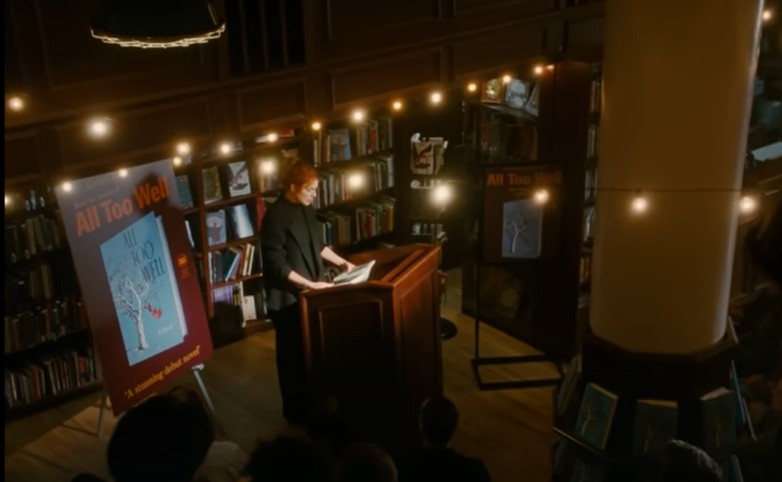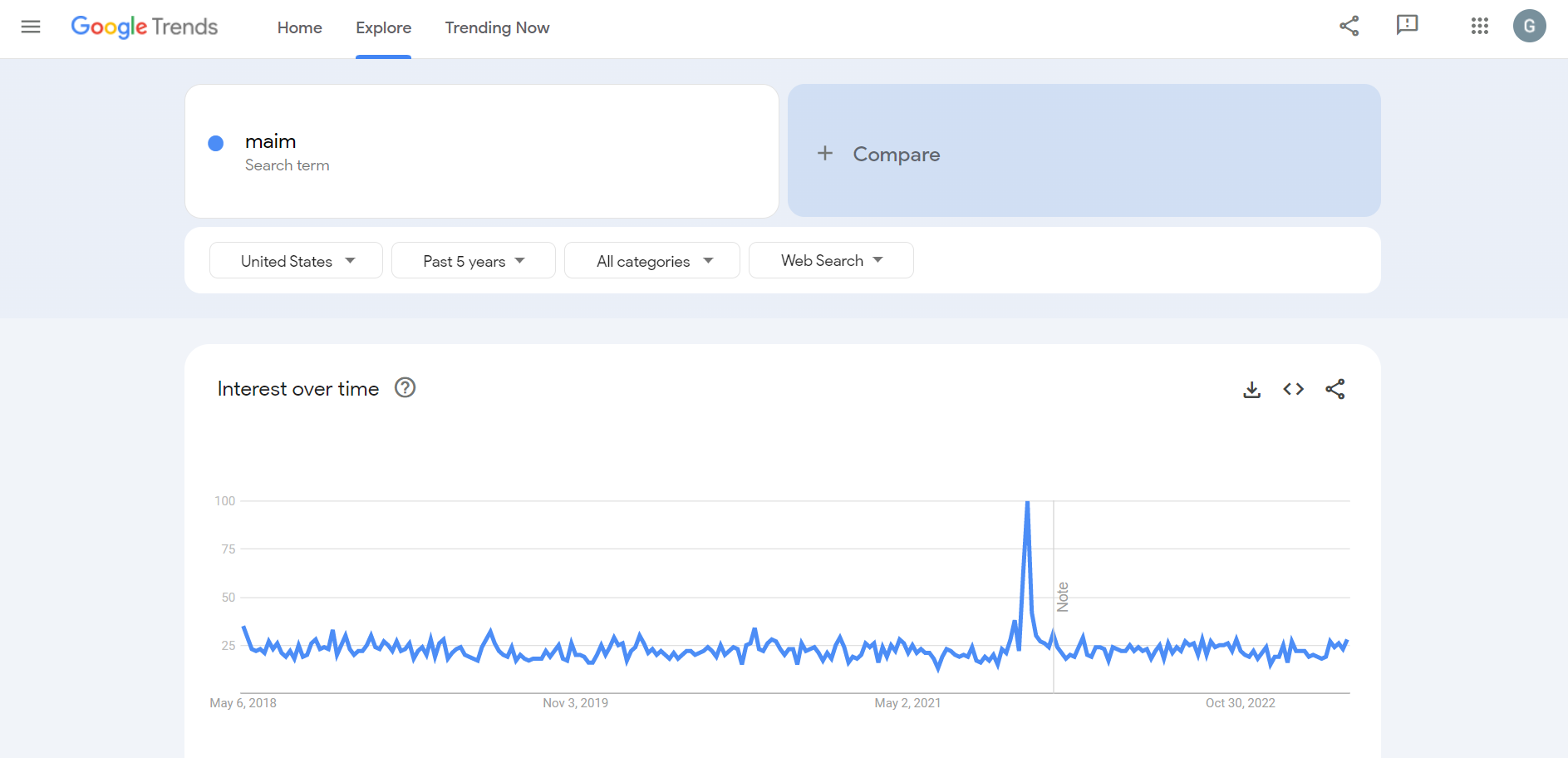We're more educated now than ever before with more than 90% of Americans 25 and older completing high school. Yet, despite this achievement in educational attainment, America's never been dumber (at least when it comes to verbal intelligence). Our vocabulary is shrinking and doing so at a staggering pace. Can we stop it?

Taylor Swift uses lofty vocabulary words in many of her songs.
Why Is Vocabulary Shrinking?
In the past half-century, vocabulary has declined 12.5% among America's most educated population. To answer why, researchers conducted an Age-Period-Cohort (APC) analysis to identify whether biological/social processes associated with aging, external factors occurring at a specific time, or generational differences were responsible for America's vocabulary problem. The study concluded the decline in vocabulary was a time period effect, only hypothesizing the rise of audiovisual media over text-based media and the devaluation of higher education as potential causes of the problem.
The Intersection Of Vocabulary & Culture
Indulge me for a moment. Let's run with these “hypothetical” causes. If schools aren't providing the challenge required to expand vocabulary and Americans aren't consuming text-based media, vocabulary can only be disseminated through culture (which has been predominantly propagated by audiovisual media over the past decade). If we want to address America's vocabulary crisis, American culture has to do so first. Thankfully, there's no one better at using vocabulary and tapping into the cultural zeitgeist than Taylor Swift.
Not So Swiftly
With her wide audience and collection of songwriting pens, Taylor Swift is doing her part in solving America's vocabulary problem (whether she knows it or not). I was doing research for this article when I stumbled upon an interview where Swift details how she pulled the word “incandescent” from a folder of her favorite words to write a song called “ivy”. I'd never heard of the word, so I gave it a google and found out it means “emitting light” or “full of strong emotion” (after listening to the song and hearing the word in context, she plays to both definitions… genius!). I was like, “cool, learned something new today,” but then wondered how many other people did the same thing. I typed “incandescent” into google trends to see if there was a correlation between when the song “ivy” was released, and the number of searches for the word on Google. The results were inconclusive. There was a spike in searches when the song was released in December 2020, but also every December thereafter, making it seem as though the searches were related to holiday lights and not a song penned by Swift. That said, I wasn't quite ready to take off my tin foil hat, something y'all swifties know all too well. I tried inputting another vocabulary-esque lyric into google trends. This time around, I went with the word “maim” from the song “All Too Well (10 Minute Version) (Taylor's Version) (From The Vault)”, which was released on November 12th, 2021. Boom. Google trends showed the max interest rating for the word the week following the song's release. Maybe there's something here after all? Then I tried “unmoored”, and then “machiavellian”, and there were spikes in searches for those words after their corresponding songs were released, too. Theory confirmed.

The interest rating for the word "maim" was 100/100 the week following the release of Red (Taylor's Version).
The Blueprint
As evidenced by the relationship described above, Swift was able to mobilize her fanbase to expand their vocabulary, something schools and text-based media outlets can't do. She is proof that America's shrinking vocabulary can expand, or at the very least, be slowed if other cultural figureheads and audiovisual providers are daring enough to challenge their audience who must be equally daring to rise up to it.
Somewhere nose deep in a dictionary,
The Monochrome Man